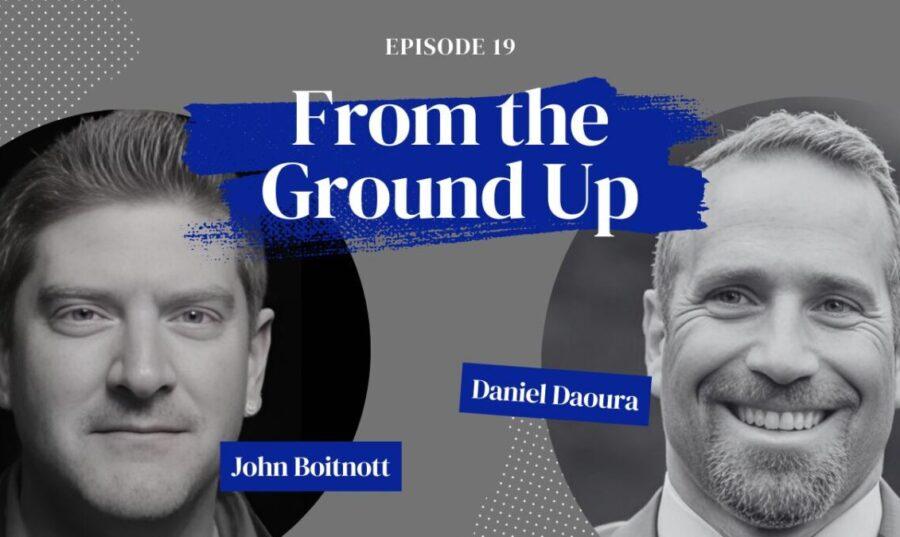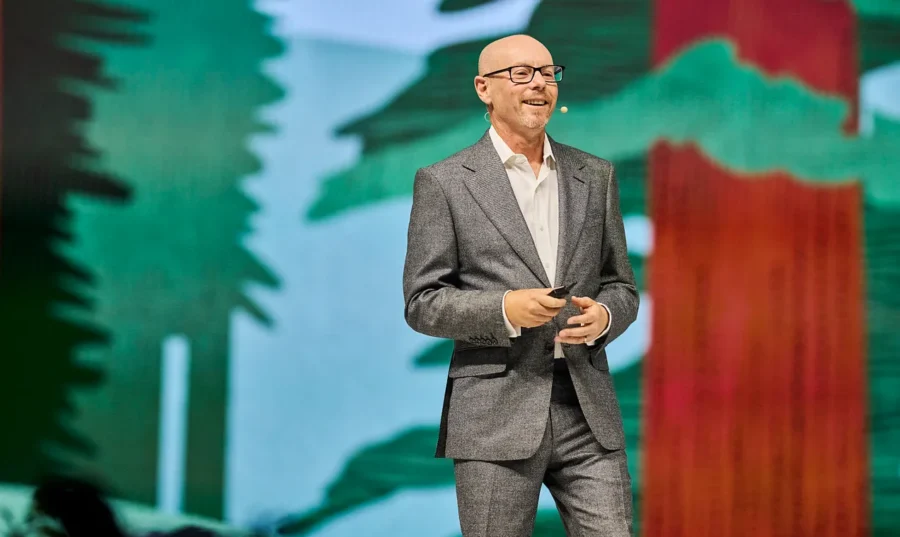Why Many Tech Execs Are Skipping the Consumer Electronics Show (CES)

So, here we are in the middle of what I call “CES season.” The massive Consumer Electronics Show is the first big Las Vegas convention of the year, and the place where all the big brands unveil their new products or services (or their tweaks to the same old products/services).
Much of this whole pre-CES period is essentially a debate about whether or not you want to spend the money to go. For a journalist, it’s one of the better places to network, learn about the latest trends and find new sources every year. It’s also a giant hassle with perhaps more people, cars and parties than even the Las Vegas Strip is equipped to handle.
Sitting it out.
Even as thousands of the tech-inclined in Silicon Valley and other tech hubs book their flights to McCarran International Airport, I’m noticing a trend towards something different this year. Many startups and tech executives are skipping the festivities to attend more intimate gatherings where they can network and collaborate with more closely relevant colleagues who matter for their business’ growth.
“I never would have considered attending a conference like NIPS a year ago,” says Alex Gold, a San Francisco based entrepreneur who has brought brands like Unilever and Bacardi to CES in the past. “But CES became such a headache that skipping it in favor of a smaller conference, like NIPS, proved to be a much more strategic use of my time and resources.”
A focus on ‘what really matters.’
The Founders Forum, which began in London in 2006 and has since held events across the word, has been called “The Davos of Tech.” The invitation-only event, offering presentations by people of the stature of Richard Branson, Arianna Huffington and Steve Case, is considered by many to be Europe’s top technology conference.
“The Founders Forum is a different type of technology conference,” says Tom Serres, host and co-founder of Tech on Politics, an Internet show about the convergence of tech and politics in the 21st century. “You get a chance to completely set aside the glitz and glamor of bigger conferences and focus on what really matters — creating an amazing company.”
This movement to smaller, more intimate conferences has extended to “UnConferences” like YesxYesYes, which takes place every summer at the Ace Hotel in Palm Springs, Calif. According to the website, the idea of the conference is that if you “get a group of smart, engaged individuals together in the right place, even in the absence of an organized conference, great things would happen.”
At YesxYesYes, many of the attendees are in overlapping social circles. This creates a gathering that is both professional and relaxed. There are no set schedules. Attendees are encouraged to host their own conversations about the things they love and invite other attendees to participate and engage. It’s a different mindset than traditional tech conferences, one that encourages creativity and strategy rather than popularity.
“To some degree, I want the types of people at a conference I attend to be curated for me already,” says Carolyn Gerin, founder of WedTech Summit, another intimate conference, designed for wedding-related startups. She’s also a longtime attendee of YesxYesYes.
“The conversations at ‘Yesx’ start way later than the ‘get-to-know you’ banter you find at bigger events,” she says. “As a result you have these much more meaningful, highly intellectual conversations than you would have at CES. This has resulted in more speakers and increased business for WedTech.”
Crowds aren’t ‘worth our energy.’
Even brands like Bacardi and Rubbermaid are sitting out of CES this year as they found it difficult to meet the innovators who could help their future growth.
“Events like CES weren’t just for startups but also for brands looking to find innovative technologies to help push them forward,” says Bryce Goodwin of Bacardi. “We are sitting out this year because we found that the costs and crowds just weren’t worth our energy for what we were getting out of it.”
I don’t believe this trend is some kind of death knell for CES. Nothing’s going to stop such a juggernaut, at least not any time soon. It’s more about how conference goers have more options now. People who have been to many of the big events aren’t looking to have that same experience over and over. They want a personal combination of location, relevant discussion and deal-making potential. The number of these more intimate gatherings will not only continue to rise, but as time goes by, expect the bigger conferences to incorporate some of the features that have made the smaller gatherings more popular. Especially in today’s environment, even giant conferences must disrupt themselves or perish.
This article originally appeared on Entrepreneur.com.



